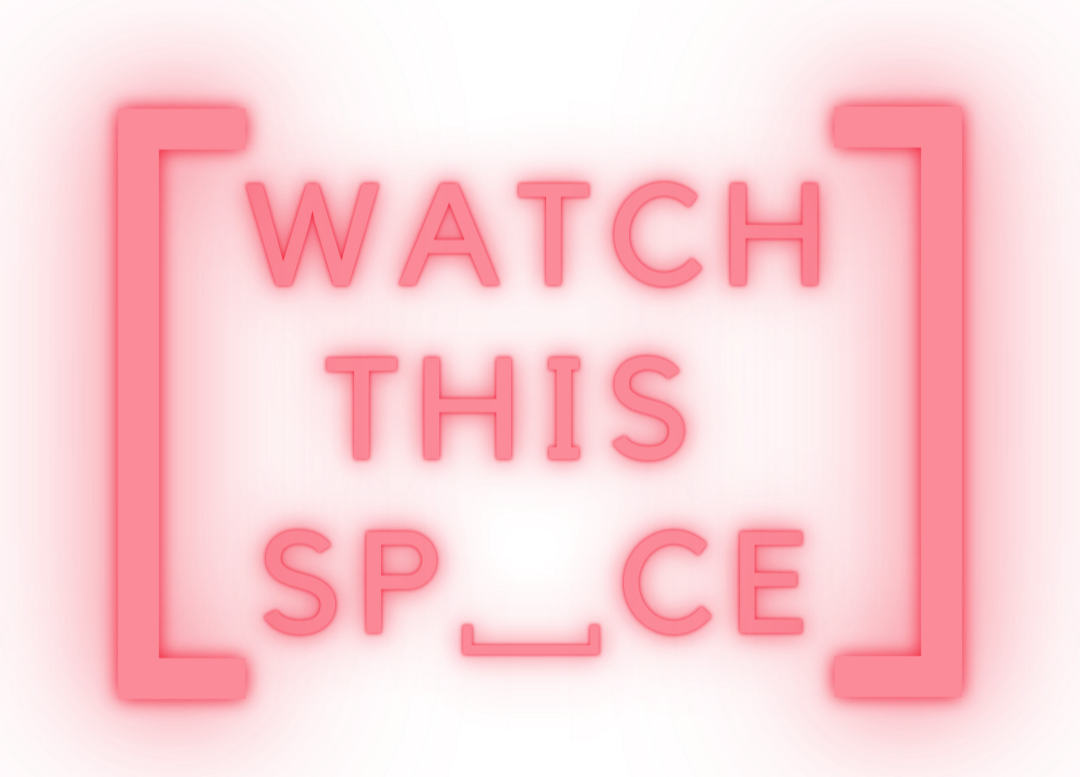Over the last week I received so many emails with ‘It’s coming home’ in the subject line. And those are just the emails I opened. On social media, every other post I see is about when football is coming home. And many employers have proudly posted about giving all of their employees the day off today or a late start. Why? Well because everyone watched the football last night right?
Clone wars
The thing is, everyone didn’t watch the football on Sunday. Just like not every person in your company drinks beer. So those job ads with ‘Friday beers are part of our culture’ or talking about a drinking culture for everyone in the team, are excluding people who don’t drink. And choosing not to drink could be for a variety of reasons. It could be health, experiences, choices, or religion. The point is, in presuming everyone is the same, you are treating everyone as a clone.
Everyone is very different. And this plays out in workplaces in so many ways. Women are asked if they’re married, or when they are getting married. Everyone is asked if they have children, or plan to. This week, everyone will have been asked if they’re watching the football on Sunday.
It’s how we talk about these things that determines whether we’re inclusive or not. Did you know that the women’s football team have reached the finals of the Euros in 1984 and 2009. Did anyone get a day off then? No? Didn’t think so. So in making the choice to reward people only for this tournament, employers are signalling their opinions and preferences.
And this behaviour in presuming everyone is the same happens when people are asked about their lives too. Certain types of childhoods are presumed. Certain experiences are presumed. And all this does is drive people into feeling they can’t talk about their actual lives and experiences. It means people feel uncomfortable and either don’t talk about their different lives, or play along with the cloning in some way.
Rebels are everywhere
It’s not just about employees either. Companies send gifts to customers…which are often alcohol. We provide prizes in competitions, which are often alcohol. And if they’re not alcohol, they can be food gifts which some people will not be able to eat.
When we meet with suppliers or partners, it’s very rare for anyone to ask in advance about the accessibility of a venue, or whether they have any other accessibility requirements.
Over the last 18 months, we have been distant from each other. This means for some people they have not had to endure the handshakes, or worse, those business associates who think it’s OK to hug you.
It’s the fact that we’re not all clones, some of us are rebels. And we don’t want people to presume we’re clones. Read Matthew Syed’s book Rebel Ideas about why teams of rebels are better than teams of clones anyway!
Rewarding Rebels
We all make assumptions about people from our first interactions with them. Everyone does it, literally everyone, including Princess Leia! And I’m presuming everyone has watched Star Wars with this reference. For a lot of people, this doesn’t mean much.
If we’re going to develop working cultures that actually include everyone, then we all need to think about and understand the differences we all have. There’s nothing that radical about it. All it takes is thinking and remembering that everyone is not the same as you. And that doesn’t mean you can’t talk about watching the football! Of course, lots of people will have watched it, just not everyone. How about being more inclusive instead, and giving people flexible days off – to take a day off when your fun thing of choice happens?
For employers, here are some things to think about:
- Your working culture and what you say about it in job adverts and in your communications
- Rewards you offer your employees
- Gifts you send to customers, suppliers, and other people
- The language you use for communicating about employee benefits
And if this has got you thinking, talk to us about how we can help you develop an inclusive working culture that includes everyone. Email hello@watchthisspace.uk
